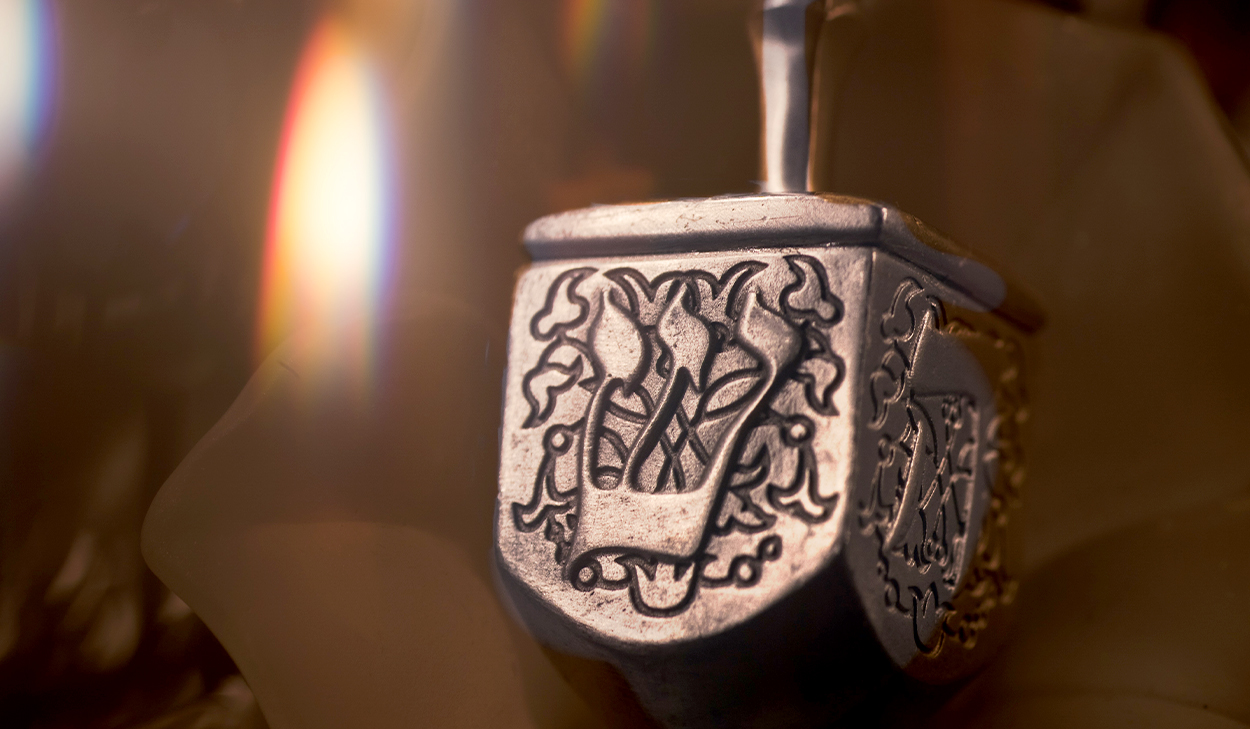
As the world prepares for Christmas, it is important to note another big holiday coming up this time of year: Hanukkah. This Jewish celebration, also known as Chanukah, is an eight-day festival generally falling in the middle of December.
Hanukkah
During the second century B.C., the Greeks ruled much of the Holy Land and were attempting to force the Israelites to convert to Greek culture and belief systems. After a large battle between the Israelites and the Greeks, the Israelites, led by Judah the Maccabe, were able to gain back their independence.
Once the battle was won, the Jewish people rededicated themselves and the land to God. To do this, they went into the temple and attempted to light the menorah, a candelabrum considered holy in the Jewish culture. When they went looking for oil to light the menorah, they found that there was only one cruise of oil left untouched by the Greeks. As the story goes, this one-day supply of oil ended up lasting a total of eight days, allowing the Jewish people the time to ritually purify new oil. Other sources don’t refer to the oil specifically but rather the story of this eight-day celebration following the Jewish rededication.
These eight days are still honored to this day, with families gathering together each of the eight nights to light one candle of the menorah, going from right to left. A special candle called a shamash is used to light each piece of the menorah, and a blessing is recited every night.
Other parts of the celebration include the spinning of a four-sided top called a dreidel, which in early Jewish history was used to trick Greek soldiers into thinking young Jewish children were gathering together to play a game, rather than reading scrolls together. The dreidel has a letter inscribed on each side, with the letters creating a Hebrew acronym that stands for “a great miracle happened there.” The game is played by individuals spinning the top, and either getting or giving items into a pot depending on what letter the dreidel falls on.
Some of the traditional foods that are eaten on Hanukkah include sufganiyot and latkes. Both dishes are made with high concentrations of oil, in order to celebrate and honor the miracle of the oil burning for eight days. The dishes are eaten and prepared generally only during the Hanukkah season, and recipes are often passed down through families.
In some cultures, and in the United States in particular, Hanukkah celebrations will also include the giving of gifts throughout the eight days of the celebration. These gifts are generally given within families and are a way to show love and care. This is a newer tradition and stems primarily from the rise of gift-giving during the Christmas season.
Gospel Opportunity
Hanukkah is centered around the miracle of the burning of the oil and the light it produced. While this was miraculous, the biggest miracle we have received is the birth and death of Jesus Christ (Galatians 4:4-5). As the Jewish people celebrate this previous miracle, it can be an opportunity to ask questions and discuss your own understanding of God’s previous and current miraculous work in your life. Furthermore, as the celebration focuses on the miracle of light, it is important to note that Jesus declares Himself as the light of the world (John 9:5) and that whoever follows Him will have the light of eternal life (John 8:12).
We have now been called to be lights in the world and to share the good news of Jesus to others (Matthew 5:14-16). In this way, you can share the light of Jesus with your Jewish friends as they also celebrate a holiday of light.
“The people walking in darkness have seen a great light; on those living in the land of deep darkness a light has dawned … For to us a child is born, to us a son is given, and the government will be on his shoulders. And he will be called Wonderful Counselor, Mighty God, Everlasting Father, Prince of Peace.” –Isaiah 9:2, 6